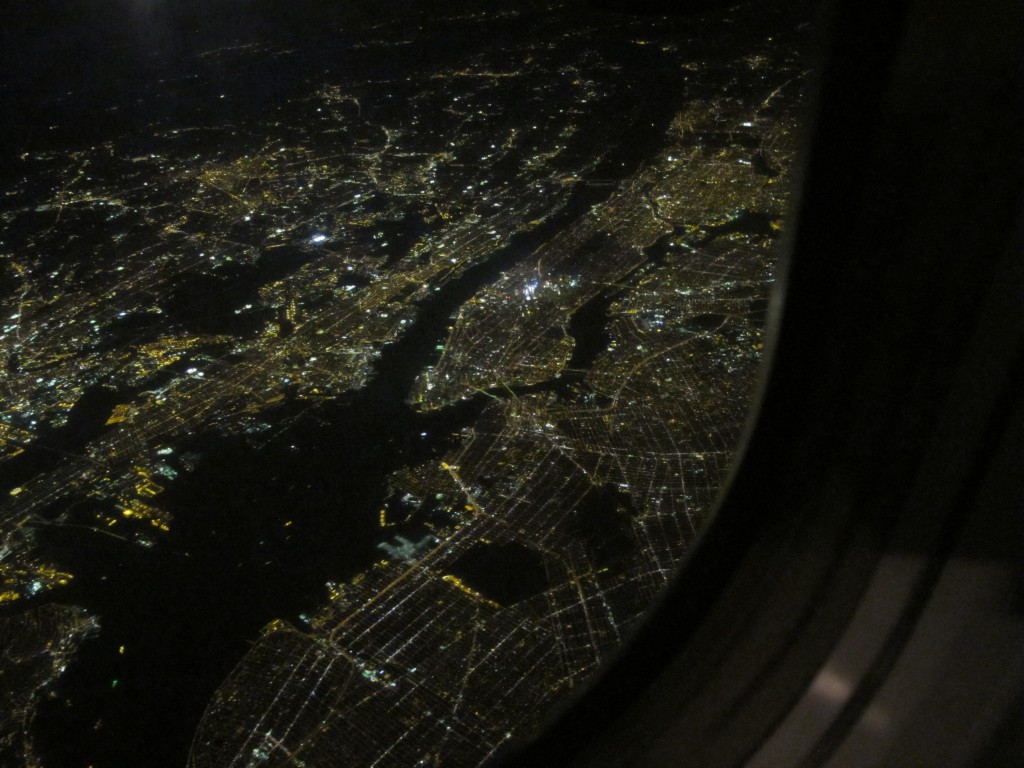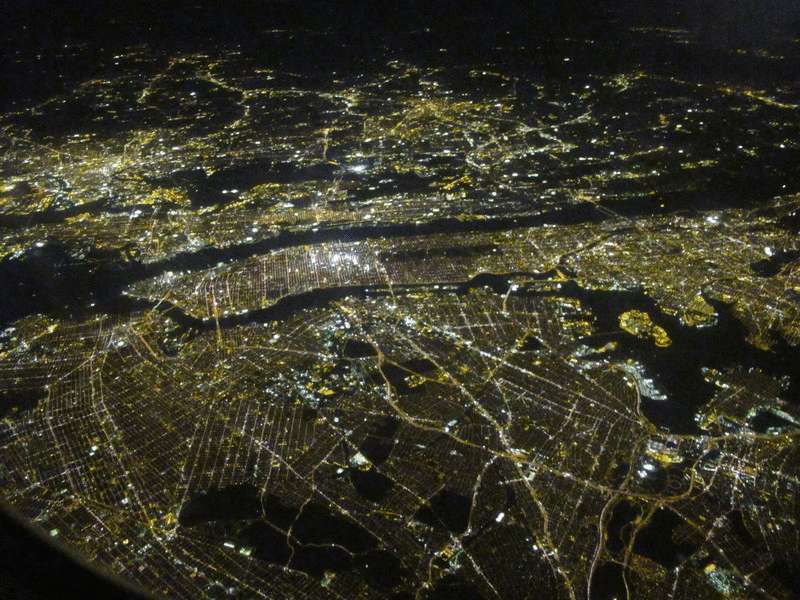Perhaps it had to come to this…
December 18th, 2012
From Techdirt, 2012-12-17:
China Tries To Block Encrypted Traffic
from the collapsing-the-tunnels deptDuring the SOPA fight, at one point, we brought up the fact that increases in encryption were going to make most of the bill meaningless and ineffective in the long run, someone closely involved in trying to make SOPA a reality said that this wasn’t a problem because the next bill he was working on is one that would ban encryption. This, of course, was pure bluster and hyperbole from someone who was apparently both unfamiliar with the history of fights over encryption in the US, the value and importance of encryption for all sorts of important internet activities (hello online banking!), as well as the simple fact that “banning” encryption isn’t quite as easy as you might think. Still, for a guide on one attempt, that individual might want to take a look over at China, where VPN usage has become quite common to get around the Great Firewall. In response, it appears that some ISPs are now looking to block traffic that they believe is going through encrypted means.
A number of companies providing “virtual private network” (VPN) services to users in China say the new system is able to “learn, discover and block” the encrypted communications methods used by a number of different VPN systems.
China Unicom, one of the biggest telecoms providers in the country, is now killing connections where a VPN is detected, according to one company with a number of users in China.
This is the culmination of at least 35 years of official concern about the effects of personal computers.
I’m old enough to remember. As soon as computers became affordable to individuals in the late 1970s there was talk about “licensing” computer users. Talking Heads even wrote a song about it (Life During Wartime).
The good guys won, the bad guys lost.
Then, even before the Web, we had the Clipper chip. The EFF was created in response. And again the good guys won.
Then we had the CDA, and then CDA2. And again, the bad guys lost and the lovers of liberty won.
In the West, the war is mostly over (yet eternal vigilance remains the price of liberty).
Not so in the rest of the world, as last week’s ITU conference in Dubai demonstrated.
I say – let them try it. Let them lock down all the VPNs, shut off all the traffic they can’t parse. Let’s have the knock-down, drag-out fight between the hackers and the suits.
Stewart Brand was right. Information wants to be free. I know math. I know about steganography. I know about economics.
I know who will win.
Photos from an airplane window
November 14th, 2012
Back in November 2011 I was flying from San Francisco to Boston, and saw this out the airplane window:
That’s Manhattan and greater New York.
I grabbed my camera (a rather ordinary Canon G11) and started snapping. Here are the best (click on any pic for full size):
These are all un-retouched JPEGs, straight of of the camera. Amazing.
I just made a little animated GIF out of a few later pix:
Questions are more valuable than answers
October 24th, 2012
…at least if you’re Google.

The interesting site Terms of Service; Didn’t Read gives Google a thumbs-down because “Google can use your content for all their existing and future services”.
I don’t think a thumbs-down is really fair here – I mean, that’s the whole point of Google.
Google is a service that gives out free answers in exchange for valuable questions.
Answers are worthless to Google (though not to you) because Google already knows those answers. But it doesn’t know your questions. So the questions are valuable (to Google, not to you). Because Google learns something from every question.
When you start typing a search into Google and it suggests searches based on what other people have searched for, that’s using your private information (your search history) to help other people. They’re not giving away any of your personal information (nobody but Google knows what you searched for or when), but they are using your information.
Google gets lots of useful information from the questions that people ask it. It uses that information to offer valuable services (like search suggestions) to other people (and to you), that they make money from (mostly by selling advertising).
That’s not a bad thing. It’s the only way to do many of the amazing, useful, and free things that Google does. I’m perfectly fine with it, but you have to more-or-less trust Google to stick to their promise to keep your private info private.
I think Google does a lot more of this than most people suspect.
When you’re driving and using Google Map to navigate, you’re getting free maps and directions. But Google is getting real-time data from you about how much traffic is on that road, and how fast it’s moving.
When you search for information on flu symptoms, Google learns something about flu trends in your area.
Sometimes I ask Google a question using voice recognition and it doesn’t understand. After a couple of tries, I type in the query. I’ve just taught Google what I was saying – next time it’s much more likely to understand.
When you use GMail, Google learns about patterns of world commerce and communication, who is connected to who, who is awake at what time of day, etc. Even if it doesn’t read the contents of the mail.
When you search for a product, Google learns about demand in that market, by location and time of day and demographics (it knows a lot about you and your other interests).
Google learns from our questions – answers are the price Google pays for them.
The universe is not parsimonius
October 21st, 2012
One of the defining characteristics of the universe is that it is not parsimonious.
Consider that fish produce many thousands of offspring to replace themselves once – all but two don’t make it to reproduction.
Consider evolution.
Consider the proportion of the Earth’s mass that participates in the biosphere. Of the solar system’s mass. Of the galaxy’s mass.
Consider the number of planets in the universe, and the number that have people on them (~ one).
Consider the proportion of the universe’s mass that is even matter. And the proportion of matter that has an atomic number greater than two.
Now consider the Many Worlds interpretation of quantum mechanics.
The universe is not parsimonious.
[This is not to disparage Occam’s Razor. Parsimony in explanation is indispensable. But the thing being explained need not itself be parsimonious.]
What is this strange feeling?
August 11th, 2010
It’s the sunburn. It’ll go away in a few days. Probably.
About democracy
January 22nd, 2010
Date: Fri, 22 Jan 2010 11:15:21 -0500
To: letters [at] economist.com
From: Dave <dave [at] mugwumpery.com>
Subject: Democracy’s decline – Crying for freedom (16 January)
Dear Sir –
About democracy (16 January) – you are quite wrong. The one and only merit of democracy is that it allows the people to replace malign governments without bloodshed. But this is no minor advantage – it offers the only long-term protection of personal freedom mankind has yet discovered.
The challenge is to preserve democracy while avoiding rent-seeking and pandering to organized groups seeking to benefit their own members at the public’s expense – necessary preconditions to winning electoral office.
Nobel laureate F.A. Hayek identified the core flaw of parliamentary democracy in the confusion between law in the traditional sense (rules governing interactions between people) and the running of government (budgets, taxation, etc.) and proposed separation of these powers. (In his Law, Legislation and Liberty, particularly Volume 3, “The Political Order of a Free People”– University of Chicago Press, 1979.) Those who wish to promote and improve democracy would do well to start with Hayek’s work.
F.A. Hayek ♥ Mick Jagger
June 30th, 2009
I love when seemingly disparate things synchronize in unexpected ways.
According to The Legal Underground, Nobel laureate Friedrich von Hayek (1899-1992) “was exceedingly fond of t-shirts, especially those portraying images of Mick Jagger…”
Surprising enough; doesn’t fit our image of Hayek.
But it gets better. Sir Mick is a fan of Hayek (see 3:35 in the clip below):
Before quitting to start the Rolling Stones, Jagger attended the London School of Economics, where Hayek had taught.
Supposedly, Jagger’s adviser at the LSE “said that Mick Jagger did a careful net present value analysis of the value in attending LSE as compared to the foregone revenue from playing rock and roll. When the dollars came out higher for music, Mick came by and apologized to the adviser, but said he couldn’t afford to continue in school; LSE was just costing him too much money.”
Did I mention that Jagger also owns an Enigma machine? The rare 4-rotor type.
Now if I could just work Salma in there somehow, it would be perfect.
Radio silence & geoengineering
May 4th, 2009
Here’s another letter to The Economist, this one from 2006-11-27. I didn’t expect them to publish it, and they didn’t. But I had to get it off my chest (hey, that’s why I post here, too).
SIR –
Tongue-in-cheek, David Crawley suggests a defence against alien invasion [Letters, 18 November]. If it were possible to evaluate and counter the capabilities of aliens, such a plan might be wise. Unfortunately, any hostile aliens able to bring a force to our planet are likely to be so advanced as to make any defence we might offer entirely ineffectual. (We have no way to estimate the likelihood of such an attack, as we have no information about the distribution of intelligence in the universe. ) Yet the absence of radio signals from other stars is, if anything, ominous, as we have known since Copernicus that Earth’s situation is in no way special or unique – if our neighbor’s transmissions have been suppressed, perhaps ours will be as well.
That said, a defence against global warming [the real subject of Mr. Crawley’s letter] is not in the same category – there are remedies such as increasing the Earth’s albedo (reflectivity) – a requirement that future roads and rooftops be painted white would be an inexpensive start, or reducing the sun’s heating of the Earth, for example by placing large inflatable sunshades at the Lagrange point between the Earth and Sun. Others will have better suggestions. We do not need to freeze in the dark.
This guy Crawley sent a sarcastic letter criticizing governmental action on “the risk of something really catastrophic” resulting from global warming, because “only a minority of scientists perceive this as a threat and the costs of such a defence are enormous”, then comparing it to the results of an alien invasion.
I thought it was a lousy analogy, and said so above. I should have avoided getting side-tracked with a discussion of Berserkers (scary and interesting as that may be, The Economist is not ready for it).



